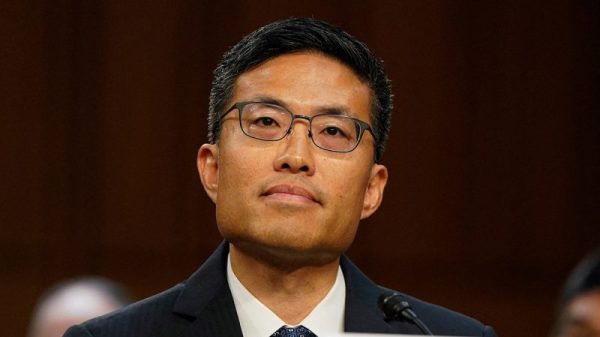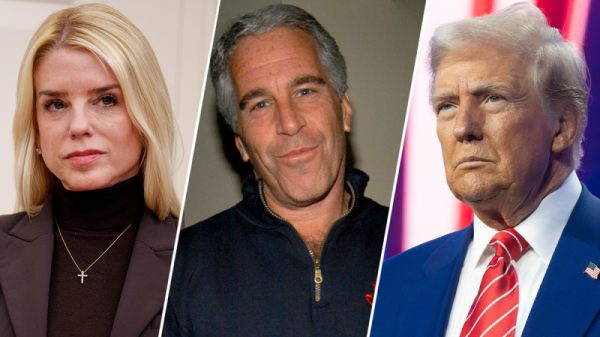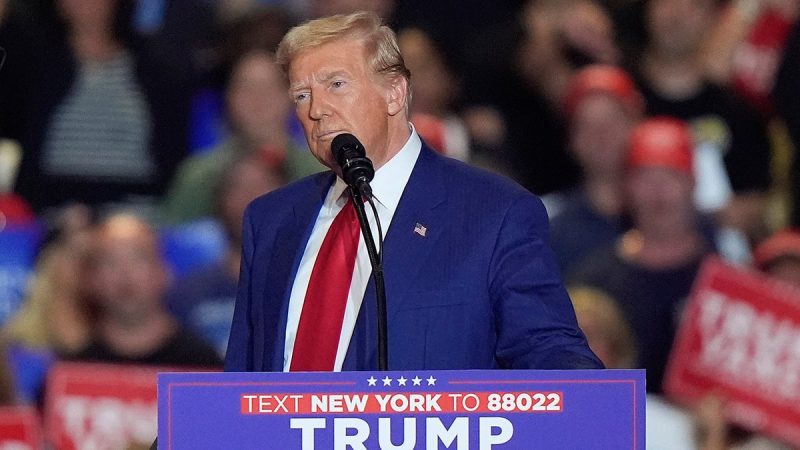In a recent announcement by former President Donald Trump, he indicated that he will not be making another presidential run in 2028 if he is unsuccessful this time. This decision comes as a surprise to many, given Trump’s known ambition and tenacity in the political realm. However, this move may reflect a shift in Trump’s focus and priorities, as well as a recognition of the challenges he may face in a future presidential bid.
Trump’s decision not to pursue another presidential run in 2028 raises questions about his long-term political aspirations and legacy. Throughout his political career, Trump has demonstrated a desire for power and influence, consistently seeking to make his mark on the political landscape. His decision to potentially step back from the possibility of a future presidential run suggests a willingness to prioritize other pursuits or perhaps to accept the limitations of his political appeal.
The announcement also highlights the uncertainty surrounding Trump’s current bid for the presidency. By acknowledging the possibility of an unsuccessful outcome, Trump is acknowledging the challenges he faces in the current political climate. From legal battles and controversies to changing public opinion, Trump’s path to the White House in 2024 is far from certain. By addressing the potential for failure, Trump is demonstrating a level of vulnerability and realism that is not always associated with his public persona.
One possible explanation for Trump’s decision could be a desire to protect his legacy. By bowing out of a potential 2028 run, Trump may be seeking to preserve his reputation and avoid tarnishing his political image further. Given the controversies and upheaval that have defined Trump’s time in office, it is understandable that he may wish to avoid further scrutiny and criticism.
It is also worth considering the impact of Trump’s decision on the future of the Republican Party. As a dominant figure within the GOP, Trump’s choices and actions have significant implications for the party’s direction and identity. By indicating that he may not pursue another presidential bid, Trump is opening the door for other potential candidates to step forward and shape the party’s future. This shift could lead to a reevaluation of the GOP’s priorities and policies, as well as a realignment of its core values and beliefs.
In conclusion, Trump’s announcement that he will not make another presidential run in 2028 if he is unsuccessful this time is a significant development with far-reaching implications. This decision reflects Trump’s shifting focus and priorities, as well as the challenges he may face in the current political landscape. By acknowledging the possibility of failure and choosing to step back from a potential future bid, Trump is demonstrating a level of introspection and pragmatism that is not always associated with his public persona. Whether this move will impact Trump’s legacy, the Republican Party’s future, or the broader political landscape remains to be seen. Nonetheless, it is clear that Trump’s decision will have ripple effects that extend well beyond the current presidential race.


































